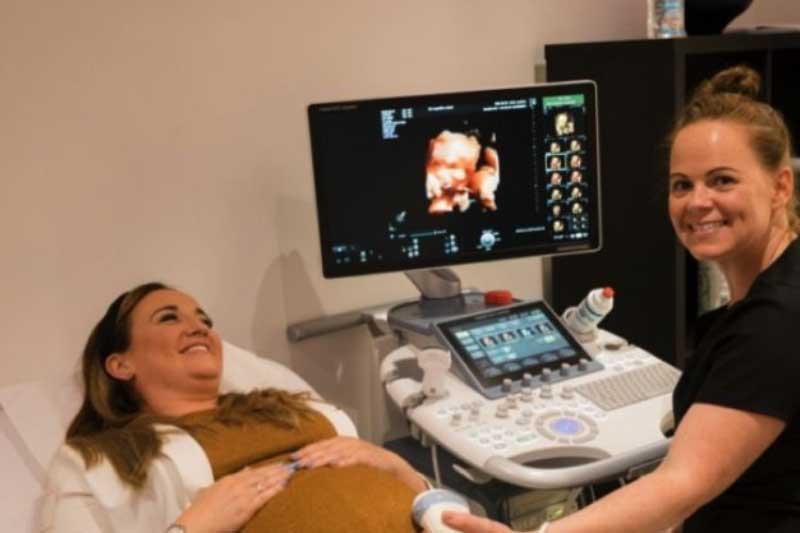
Obstetrics providers offer a range of medical services focused on pregnancy, childbirth, and postpartum care. They monitor the health of both the patient and the fetus from early pregnancy through delivery. Standard services include ultrasounds, prenatal screenings, gestational diabetes testing, and fetal heart rate monitoring. Providers also manage complications such as high blood pressure, preeclampsia, or multiple gestations. Throughout each trimester, they adjust care plans based on lab results, vital signs, and fetal development. Comprehensive obstetrics services prioritize maternal and fetal well-being at every stage of pregnancy.
How Do Providers Monitor Pregnancy Progress?
Monitoring begins with establishing a pregnancy timeline through lab tests and initial ultrasound. Providers then track the development of the fetus using scheduled scans, fundal height measurements, and weight monitoring. Blood pressure, urine protein, and lab markers help detect early signs of potential complications.
Providers may recommend additional imaging or specialist referrals if abnormalities are detected. Regular checkups give clinicians the data needed to adjust care strategies, medications, or lifestyle guidance. Early identification of issues allows for timely interventions and better outcomes.
What Role Does Prenatal Education Play?
Prenatal education helps patients understand what to expect during each trimester and how to prepare for labor and delivery. Classes often cover nutrition, fetal growth, warning signs of complications, and pain management options. Education also reduces anxiety by giving patients practical strategies for common symptoms such as nausea, fatigue, and sleep disturbances.
Many providers offer in-office counseling or refer to structured prenatal programs. These resources support informed decision-making and promote active participation in care. Consistent education throughout pregnancy contributes to better adherence and more positive experiences.
Some pregnancies require advanced monitoring and coordination with specialists in maternal-fetal medicine. High-risk situations may include chronic conditions such as diabetes or autoimmune disorders, as well as pregnancy-specific complications like placenta previa. In these cases, providers use more frequent imaging, genetic testing, or fetal echocardiograms to track development. Collaboration between general obstetrics and specialty teams helps manage both maternal and fetal risks. Early referral to specialized care can reduce the likelihood of emergency interventions later in pregnancy. Providers assess risk factors and adjust care plans accordingly.
How Do Providers Support Labor And Delivery?
During labor, obstetrics teams monitor contractions, cervical changes, and fetal positioning. Continuous fetal heart monitoring helps detect signs of distress, allowing for rapid response if complications arise. Providers guide decisions about epidurals, timing of pushing, or potential need for surgical intervention. Obstetrics services also include immediate postpartum assessments for both parent and newborn. Communication remains central during delivery to align clinical decisions with patient preferences. Skilled support during labor contributes to safer deliveries and smoother recoveries.
Postpartum care focuses on physical recovery, mental health, and lactation support. Providers assess uterine involution, healing of any incisions or tears, and screen for postpartum mood disorders. Follow-up may also include counseling on contraception or chronic condition management. Lactation consultants or support groups may be recommended for breastfeeding patients. Postpartum visits allow clinicians to address lingering symptoms, clarify recovery timelines, and plan future care. Maintaining contact during the weeks after delivery is a vital part of complete obstetrics care.
Access Comprehensive Obstetrics
To access full-spectrum obstetrics services, start by selecting a provider who offers both routine care and coordinated access to specialists. Ask about their approach to prenatal monitoring, education, labor management, and postpartum support. Early appointments allow for accurate due date tracking and baseline health assessments.





